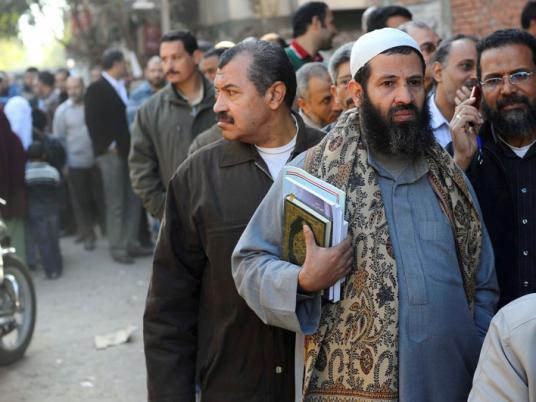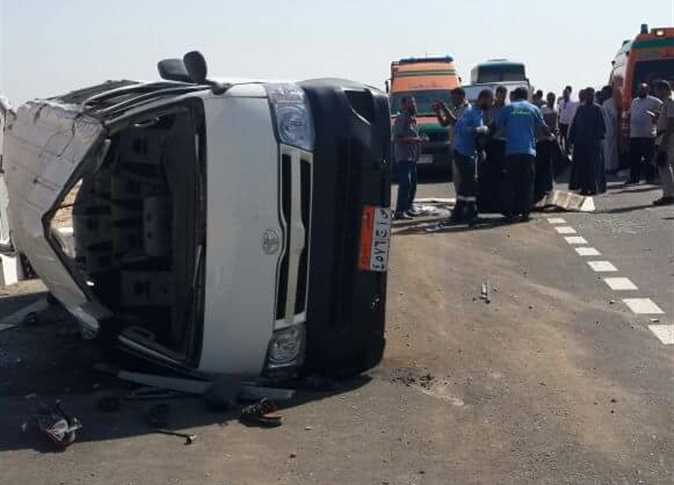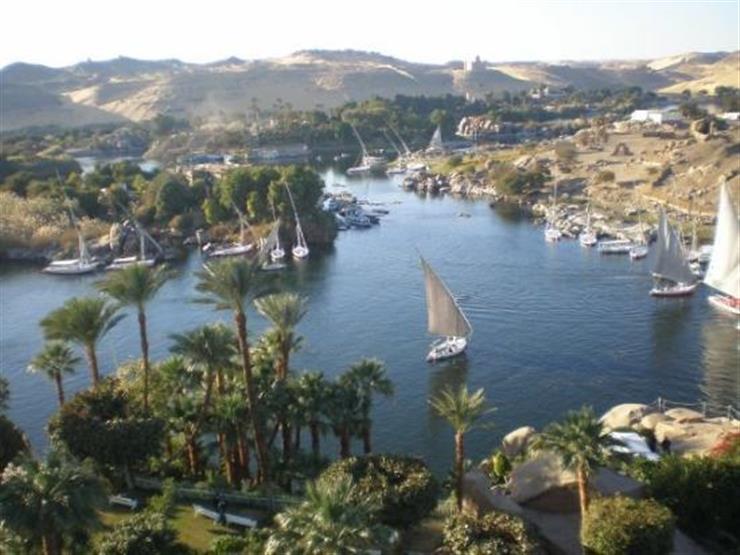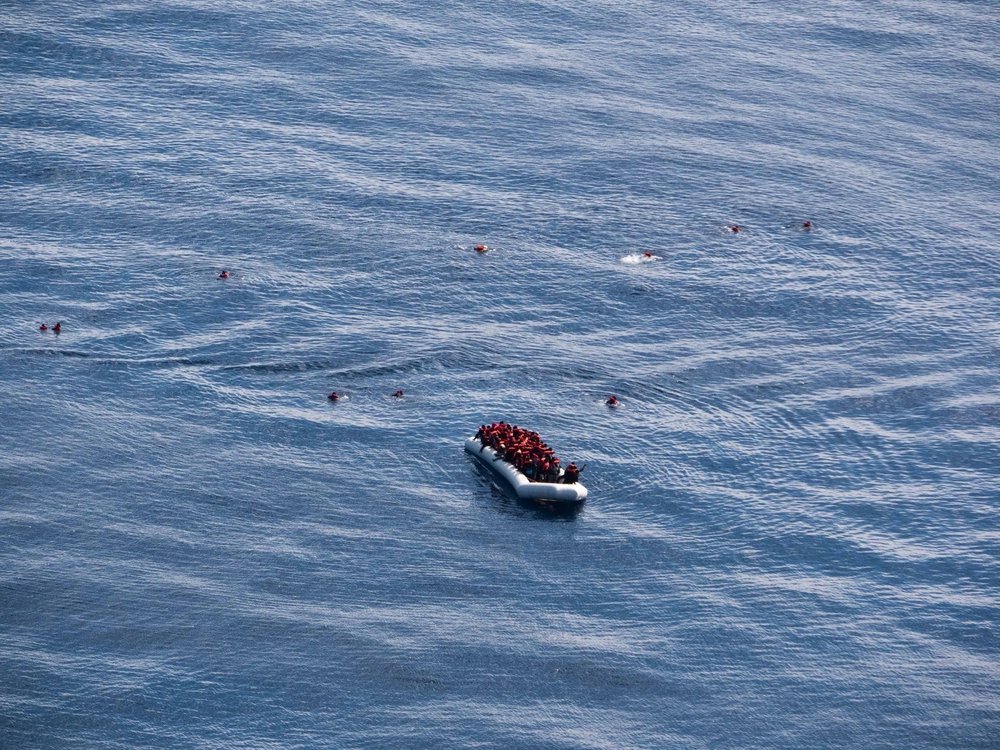
KAFR AL-SHEIKH — The northern Delta governorate of Kafr al-Sheikh witnessed a relatively low turnout as residents cast their ballots Saturday in phase two of the referendum on the draft constitution.
Preliminary results from a few voting stations suggested a majority "yes" vote in the governorate, with 1,525 voting in favor and 904 rejecting the constitution so far.
Kafr al-Sheikh is home to 1.9 million eligible voters that make up 7.4 percent of the 25,495,237 eligible voters in the 17 governorates of round two. Last weekend, voting was held in 10 governorates with initial results showing a turnout of about 31 percent and a 57 percent vote in favor of the constitution.
A number of violations were reported in polling stations including numerous incidents of "yes" campaigning inside and outside polling stations. On voting day, campaigning is prohibited in the 200 meter radius around polling stations.
Several complaints were filed against a number of women wearing the niqab for directing female voters to vote "yes."
Banners were hung in the streets, mainly by the Muslim Brotherhood, the centrist Islamist Wasat Party, and the Salafi Nour Party, calling on voters to endorse the draft constitution.
Opposing political forces appear to have invested far less money and effort in campaigning for a "no" vote, with a few graffiti messages spray-painted by the April 6 Youth Movement saying: "Your constitution is illegitimate. It does not represent us."
Though turnout was low, queues were still long outside polling stations, attributed to the dearth of judges monitoring the referendum. Some voters claimed only one or two substations were functioning inside general polling stations as a result of the limited number of judges overseeing the vote.
Two army jeeps loaded with soldiers were dispatched to Al-Salam Primary School shortly after 6 pm to settle a dispute inside the polling station, which had a backlog of voters who had stood in line for hours.
Waiting there, Mahrous Abdel Sattar said, "This is the third time I've tried to vote today, but the queue just won't move."
Citizens shared similar reasons for voting either way, with those in favor longing for stability or endorsing Sharia, and those opposed rejecting the charter and the process through which it was born.
Mahmoud Hussein voted "no," saying, "If this was a vote for Sharia, then I'd be the first to vote for it, but this … is all about issuing legislation which protects the interests of the Muslim Brotherhood."
"They've disguised this [draft constitution] with religious rhetoric to make it seem that it upholds God's law. In fact, this is the Brotherhood law," he added.
After President Mohamed Morsy passed a constitutional declaration granting himself sweeping powers, through which he announced a snap referendum on the divisive constitution, opposition groups and civil forces came together to reject both moves.
Those supporting Morsy — mainly the Muslim Brotherhood, their political arm the Freedom and Justice Party, and other Islamist and Salafi groups — have billed the vote as one for legitimacy and Sharia, touting the constitution as the best in the country's history.
On the other side of the political divide, opponents have repeatedly stressed that their objection is not to Sharia, but to Morsy's power grabs and to an unrepresentative constitution drawn up by an Islamist-dominated assembly, riddled with vague wording and lacking in safeguarding rights and freedoms.
Um Walid walked out of one polling station in Kafr al-Sheikh saying, "I hope our 'yes' vote wins because this country really needs stability and security."
Female voters were significantly fewer than male voters in the governorate.
Sherif Maati, another "yes" voter, said: "I voted for the new constitution because after reading its provisions, I found myself agreeing overall."
He added, however, "Naturally, it is not a perfect document and I don't agree with every article 100 percent, but it is good enough by my standards, and I feel that it will be good for Egypt too."
The long queue of men outside the polling station was almost motionless.
Kafr al-Sheikh is the hometown of former presidential candidate Hamdeen Sabbahi, one of the current leaders of the opposition National Salvation Front. He won 62 percent of the vote in round one of the presidential election, but the governorate went to Morsy in the runoff that faced him off with Mubarak's last prime minister, Ahmed Shafiq.
Mohsen Abdel Hamid voted "yes" because "we all want to move beyond this transitional phase in which we've been stuck for two years now. Egypt must advance; we've wasted too much time."
Cab driver Omar Abdallah, however, was firmly in the "no" camp, and after surveying his passengers on Saturday, claimed that, "All but one elderly woman said they voted 'no,' but I know that 'yes' will be boosted by voters from the rural areas."




